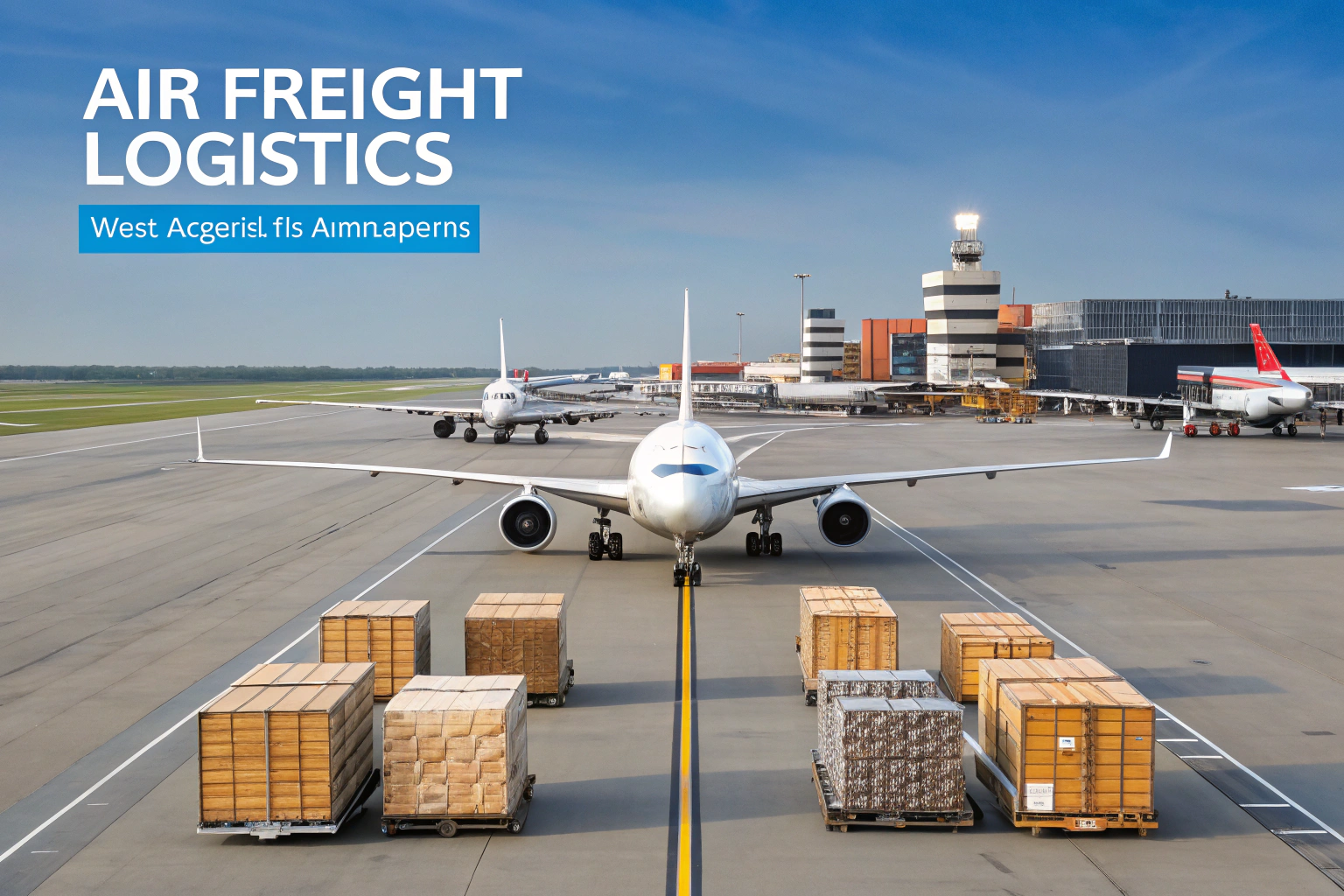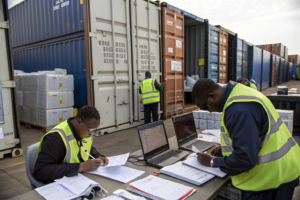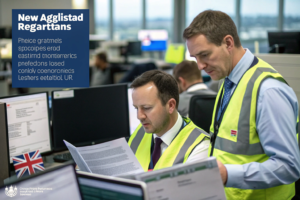Air freight is the fastest way to move goods across continents—but it’s also one of the most expensive. For importers and exporters shipping from China to the U.S. or Europe, keeping air freight costs low without compromising service is critical.
GeeseCargo stands out in air freight pricing by combining strategic carrier partnerships, consolidated volumes, optimized routing, and digital quoting systems. We don’t just compete on rates—we compete on value, speed, and consistency.
In this article, I’ll explain how GeeseCargo manages to offer some of the most competitive air freight rates in the industry while still maintaining reliable and responsive service.
How Does GeeseCargo Negotiate Lower Air Freight Rates?
Air freight rates are not fixed—they’re negotiated based on space, volume, urgency, and season.
GeeseCargo leverages high-volume commitments and strategic carrier relationships to negotiate below-market rates for our clients.
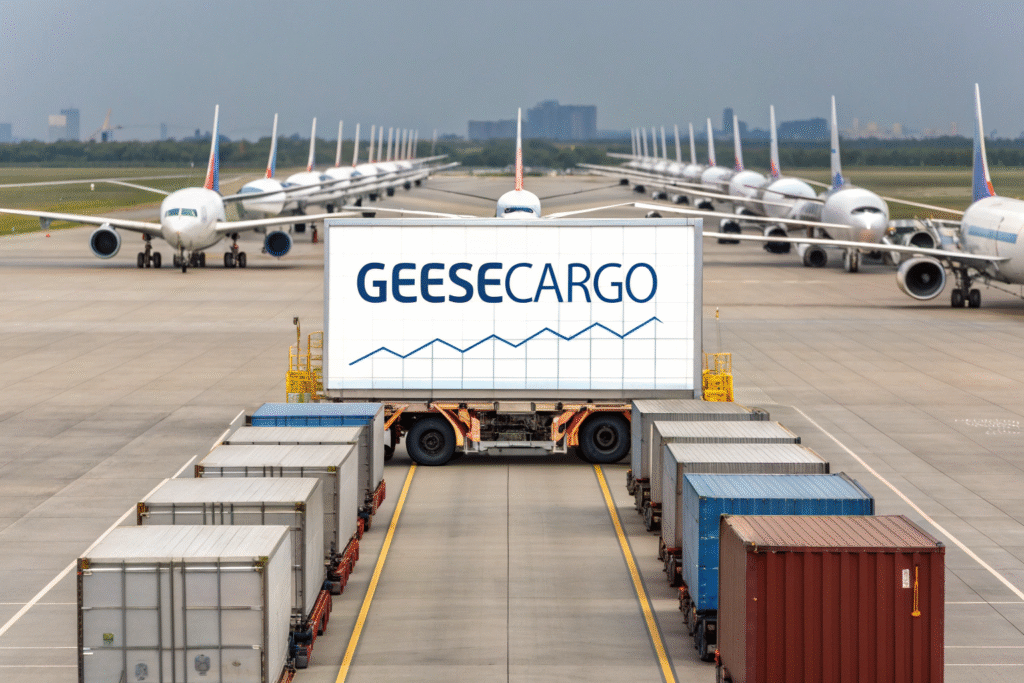
What Kind of Carrier Partnerships Does GeeseCargo Have?
We maintain direct contracts with major air cargo carriers, including:
- Cathay Pacific Cargo
- China Southern Airlines
- Lufthansa Cargo
- Qatar Airways Cargo
- UPS Supply Chain Solutions
Thanks to our consistent weekly volumes across multiple routes, these carriers provide us with space guarantees, volume discounts, and preferred loading priorities.
Learn how air cargo alliances help carriers extend capacity and why forwarders like GeeseCargo benefit.
How Do Volume Discounts Work in Air Freight?
Airlines reward forwarders who consistently book large volumes with lower per-kg rates, flexible booking terms, and access to blocked space agreements.
For example, GeeseCargo ships thousands of kilos weekly from Guangzhou and Shanghai to Los Angeles, New York, and Frankfurt. This volume allows us to offer below-market rates to clients—even during peak seasons.
Here’s a guide to how air freight pricing is calculated.
How Does GeeseCargo Use Consolidation to Cut Costs?
Not every shipment fills a pallet. Smaller shipments often cost more per kilo if shipped alone.
GeeseCargo reduces pricing by consolidating smaller shipments into one large bulk load, allowing all clients to share lower rates.
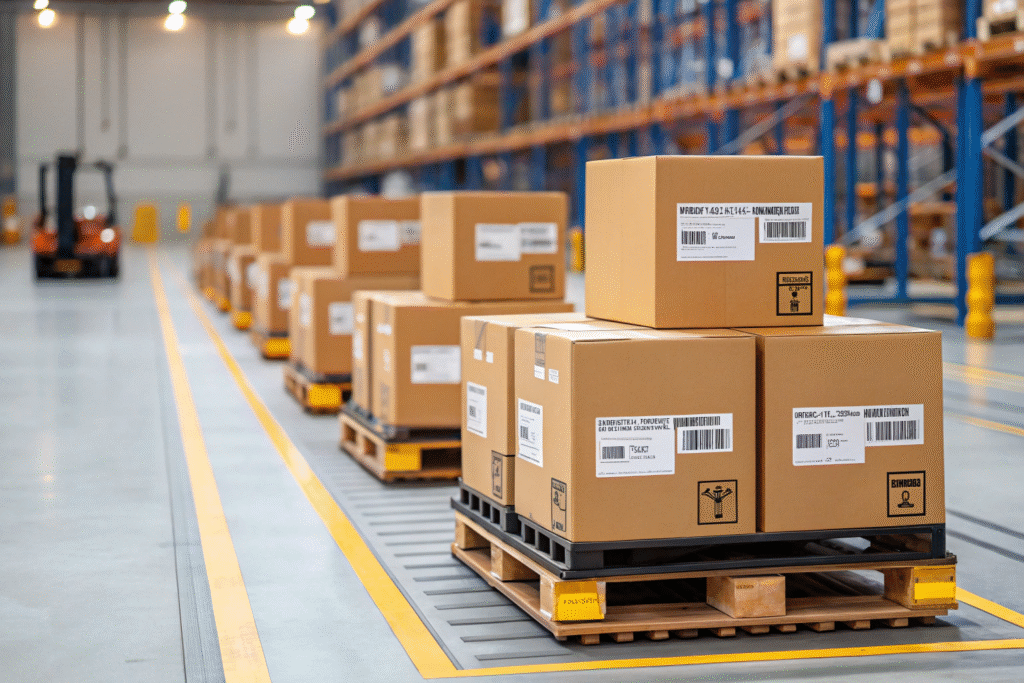
What Is Air Cargo Consolidation?
Air consolidation is the practice of combining multiple clients’ shipments onto one master air waybill (MAWB), booked as a single unit. This creates a stronger negotiating position with the airline and saves everyone money.
We consolidate daily from:
- Shenzhen
- Guangzhou
- Shanghai
- Hong Kong
Each shipment is labeled, logged, and re-issued as house air waybills (HAWB) under the master booking.
Read about air freight consolidation basics and how it benefits small and mid-size importers.
Does This Slow Down the Shipment?
Not at all. Our air consolidation schedule is designed to meet daily cargo cutoffs. Because we handle customs documents and bookings in advance, your goods move as quickly as direct bookings—often faster.
Plus, we offer priority deconsolidation upon arrival to reduce wait time at the destination.
What Role Does Route Optimization Play in Pricing?
Not all air routes are created equal. A direct flight may cost more, while a slightly longer route with one transit could be significantly cheaper.
GeeseCargo uses route optimization software and market intelligence to offer clients the best cost-to-speed balance.

How Do They Compare Routes?
We evaluate every shipment across:
- Direct vs. indirect air paths
- Transit airport costs
- Airport congestion (e.g. LAX vs. Ontario)
- Arrival handling speed
For example, routing a shipment through Seoul instead of direct from Shanghai to JFK could cut $1.20/kg and add just 1 day to transit.
You can use tools like OAG's route analytics to explore how transit points affect rates.
What Happens During Peak Season?
During peak periods—like before Christmas or major sales events—air space becomes scarce. That’s when pricing spikes.
We mitigate this by:
- Pre-booking bulk space on key lanes
- Offering premium space at fixed rates
- Using secondary hubs (e.g. Zhengzhou or Xiamen) to bypass congestion
How Does Technology Make Quoting Faster and Smarter?
Speed matters when quoting air freight. Waiting hours or days for a price can lose the deal.
GeeseCargo uses smart pricing engines and digital quoting tools to deliver accurate rates within minutes—24/7.
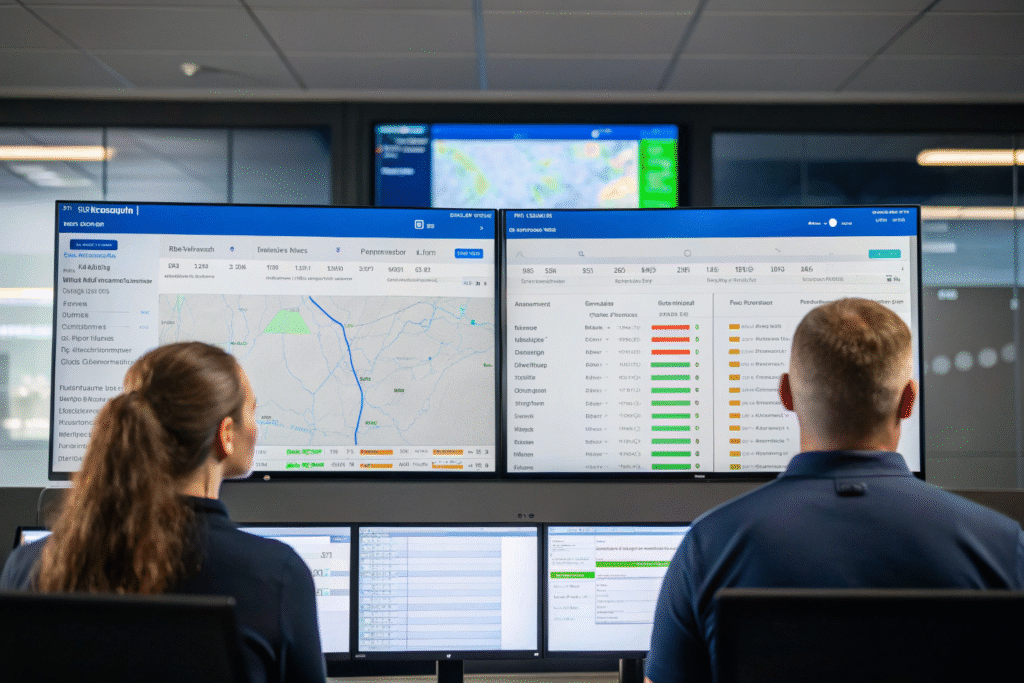
What Tools Are Used?
We combine:
- Internal rate sheets
- Carrier APIs
- AI-powered quoting systems
To generate instant quotes that factor:
- Cargo weight/dimensions
- Route demand
- Booking urgency
- Space availability
We also link these tools with your shipping history to recommend cheaper or faster options on repeat lanes.
Learn more about freight rate digitization and how it's transforming the industry.
Can Clients Lock in Rates?
Yes. We offer rate holds for 3–5 days, with optional advance booking. Clients like Ron appreciate this feature because it allows them to finalize cargo without the risk of sudden air freight hikes.
We also offer rate hedging options for monthly volume clients during volatile seasons.
Conclusion
Air freight doesn’t have to mean sky-high costs. At GeeseCargo, we make competitive pricing possible through strategic partnerships, daily consolidation, smart routing, and fast quoting technology. Whether you’re shipping samples, urgent orders, or full pallets from China to the U.S., our air freight solutions are designed to move fast—without breaking your budget. If you want reliability, speed, and savings in one air freight provider, we’re ready to take off with you.
